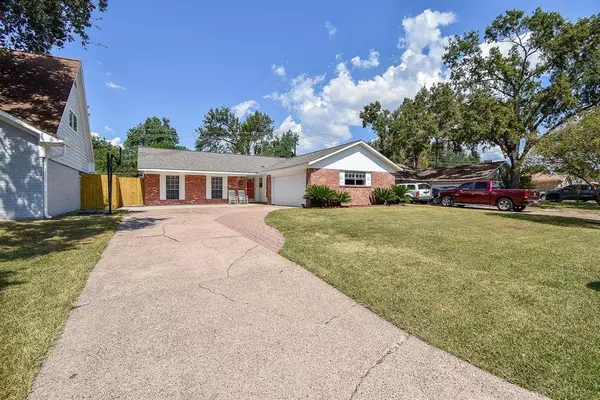
This Is How You Win With a Home-Sale Contingency
This Is How You Win With a Home-Sale Contingency Tips to help you buy your dream home contingent on selling your old house. Do you already own a home but want to buy a new one? Unfortunately, not everyone has the money to keep two homes and pay both mortgages. Most people will have to sell their c

A Seller’s Guide to Home Sale Documentation
A Seller’s Guide to Home Sale Documentation Selling a home requires a ton of paperwork, so make sure you’re prepared. Are you looking to sell a home? At times, it may seem like you are adrift on an endless sea of paperwork. So many documents are required during the sale of a home that it can be co

Calculating How Much You Keep After Your Sale
Calculating How Much You Keep After Your Sale How to calculate the amount of money you’ll keep after your home sale. The market has been changing lately, and many people have been wondering if it’s a good time to sell their homes. If that is you, one factor that will help you make that decision is
Categories
- All Blogs (66)
- Buy A Home (23)
- Buyer Tips (31)
- Deer Park Spotlight (1)
- Downloads (4)
- Downpayment Assistance / Grant Programs (4)
- Financing A Home (11)
- First Time Home Buyers (13)
- First Time Home Sellers (11)
- Follow Me Friday (5)
- For Sale By Owner / FSBO (7)
- Fun Stuff :) (6)
- Holiday Events (2)
- Home Appraisals (7)
- Home Inspections (6)
- Home Loan Process (10)
- Home Maintenance (7)
- Home Staging (4)
- Homestead Exemption (4)
- Investing (6)
- Listing Video Tours (7)
- Market Snapshot (7)
- Market Update (7)
- Miscellaneous (5)
- New Construction (5)
- New Listings (1)
- Raving Fans (5)
- Real Estate Knowledge Video Series (6)
- Sell Your Home (31)
- Seller Tips (28)
- Tax Credits (4)
- Testimonials / Reviews (5)
- Uncategorized (10)
- VIP Preferred Vendors (5)
Recent Posts










